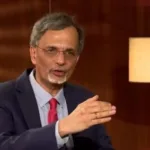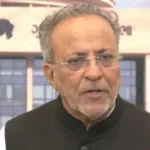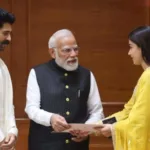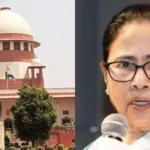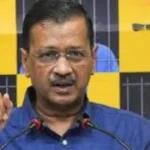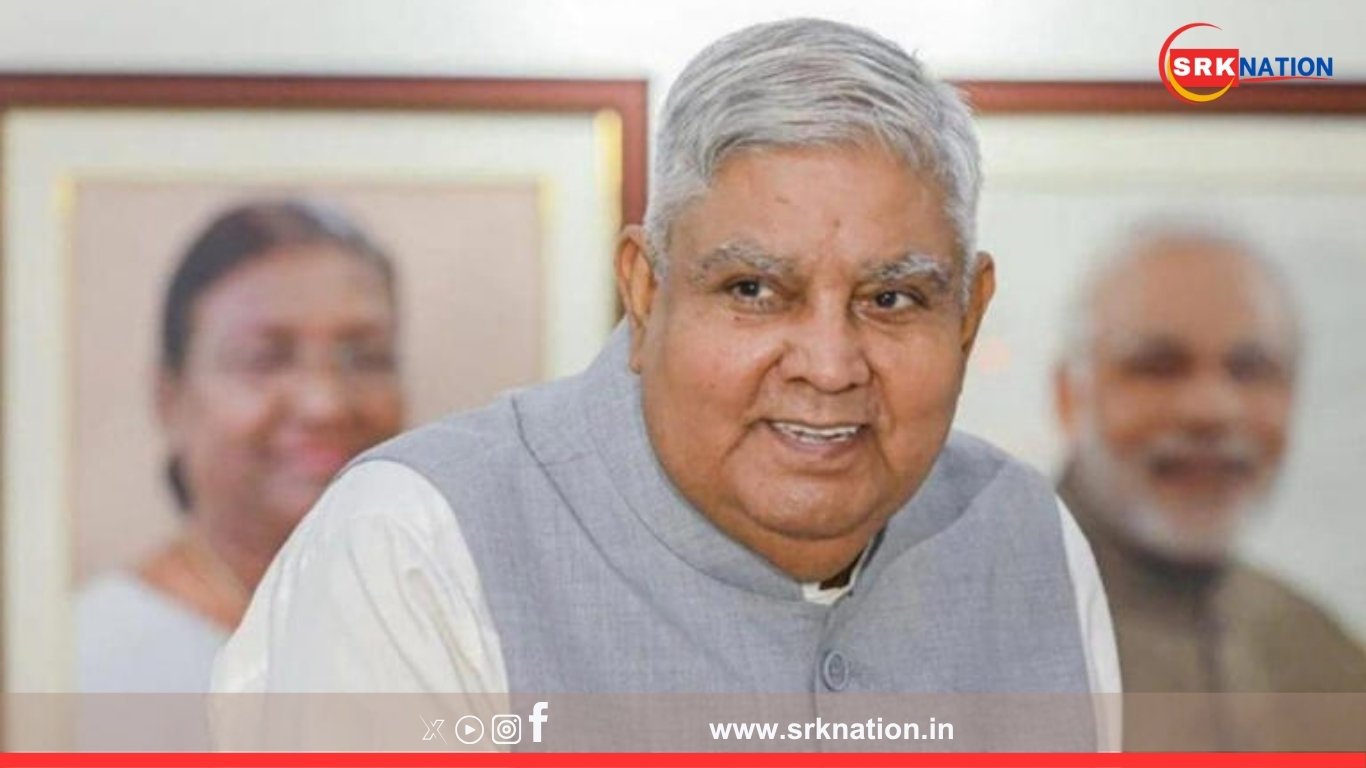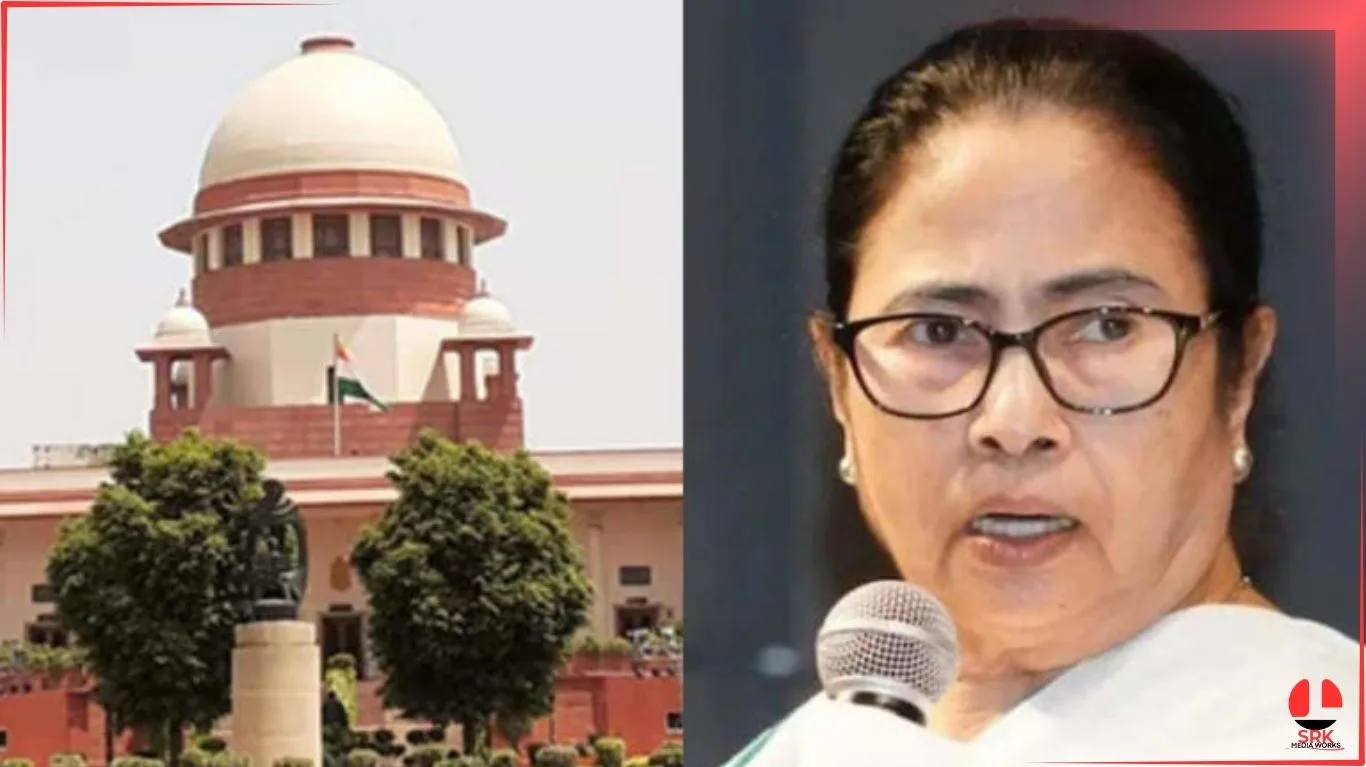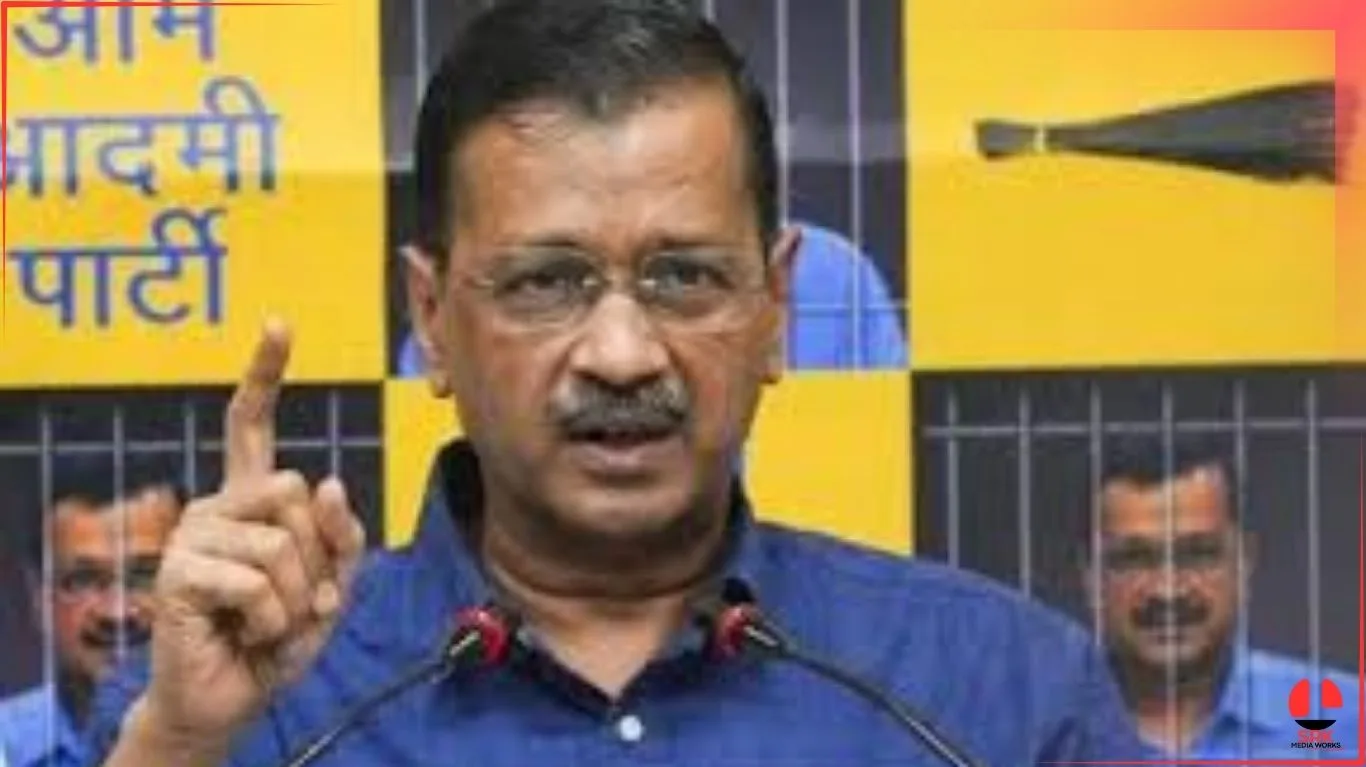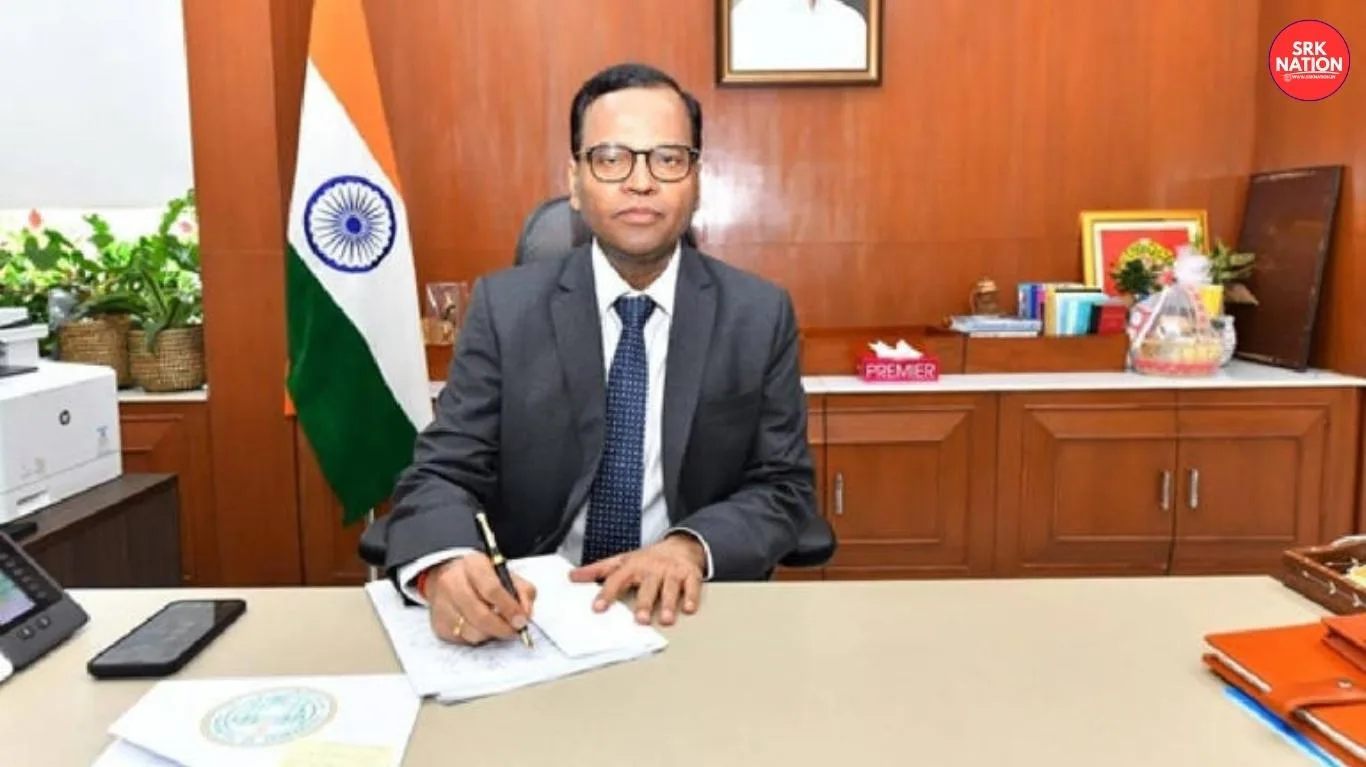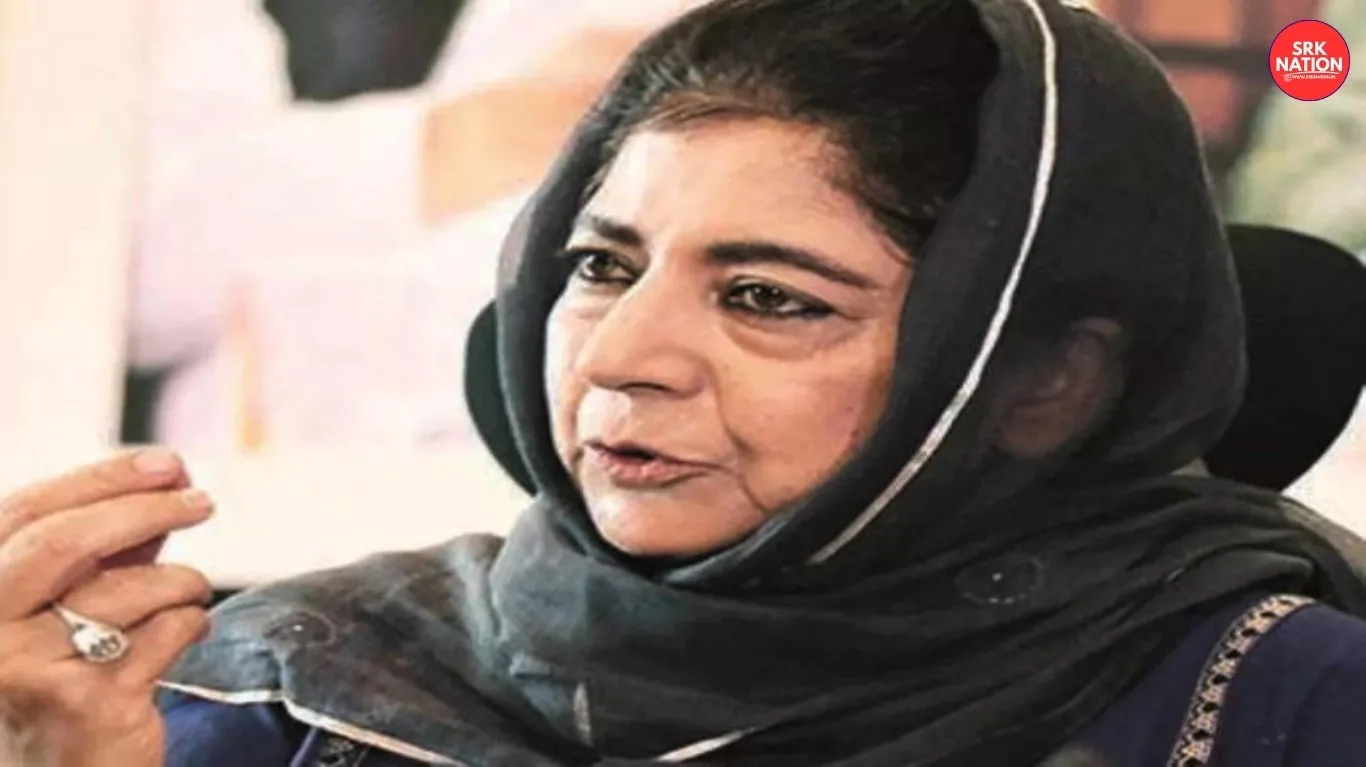Doctors in Kerala staged a strong protest on Monday against a directive issued ahead of Vice President Jagdeep Dhankar’s scheduled visit to a medical college hospital, which allegedly asked them to taste the food prepared for the dignitary to ensure safety. The controversial order, seen as demeaning and insulting by the medical fraternity, has sparked state-wide outrage with leading associations condemning the move.
What Happened?
Ahead of Vice President Jagdeep Dhankar’s visit to the Government Medical College Hospital (GMCH) in Thiruvananthapuram, an internal memo from hospital administration circulated, stating:
“Designated doctors must taste the food items before they are served to Hon’ble Vice President as a precautionary measure.”
While authorities maintained this was a standard security protocol to rule out contamination, doctors termed it an “utter insult to their dignity and professional status.”
Doctors’ Reaction: United And Defiant
Doctors across ranks, from junior residents to senior consultants, refused to comply with the order. They termed it:
- “Humiliating, unscientific, and archaic.”
- “A violation of professional ethics and dignity.”
The Kerala Government Medical College Teachers’ Association issued a strong statement, saying:
“Doctors are trained to treat patients, perform surgeries, and handle emergencies. Using them as food tasters reflects feudal mentality. Security agencies should develop scientific testing systems instead of ordering humans to act as poison detectors.”
Key Statements From The Medical Fraternity
| Representative | Statement |
|---|---|
| Dr. V.S. Sreedhar, Kerala Government Medical College Teachers’ Association | “This directive is insulting. Doctors are not royal food tasters from medieval times. We demand an apology and withdrawal of such protocols in future.” |
| Dr. Preetha R., Resident Doctors’ Association | “Our duty is towards patient care, not food tasting for VIPs. This order undermines the dignity of our profession.” |
| Dr. A. Haridas, Senior Cardiologist | “Security testing should be done scientifically with food safety officers and dedicated protocols, not by using doctors.” |
Hospital Administration’s Response
Faced with severe backlash, hospital authorities clarified:
- The order was issued based on protocols recommended by central security agencies.
- There was no intention to humiliate doctors.
- They have forwarded the concerns to the Vice President’s office and security teams for reconsideration of such protocols in future visits.
Broader Context: VIP Food Safety Protocols In India
The controversy has reignited debates over outdated food safety measures used during VIP visits. Typically, protocols include:
- Preliminary food sampling by chefs, food safety officers, or designated testers.
- In some states, staff from the catering team or police department are asked to taste food before dignitaries eat.
- Scientific testing methods, including rapid food toxicity kits, are deployed during high-security events like Republic Day.
However, using medical professionals as food tasters is uncommon and has drawn criticism as an act that trivialises their primary professional role.
Political Reactions
The incident has sparked political reactions in Kerala:
- Opposition Leader V.D. Satheesan: “The government must clarify why such an insulting order was issued to doctors. This is an affront to Kerala’s medical community.”
- Health Minister Veena George: “We respect our doctors immensely. If such an order was indeed circulated, it was improper and we will ensure it is never repeated.”
Vice President’s Office Responds
Officials from Vice President Dhankar’s office, when contacted, stated that no directive was issued by them to use doctors for food tasting and that security arrangements are handled by local agencies in coordination with SPG protocols.
Public Opinion
On social media, hashtags like #RespectDoctors and #FoodTasterOrder trended in Kerala, with netizens expressing solidarity with doctors. Sample reactions include:
- “Imagine asking an IAS officer to taste food for a politician. This is how doctors are treated in India.”
- “Shocking medieval mindset. Doctors are lifesavers, not guinea pigs.”
Food Safety Experts’ Views
| Expert | Opinion |
|---|---|
| Dr. Suman Chakravarty, Food Toxicologist | “Modern rapid toxicity testing can check for over 200 known toxins within 20 minutes. Human tasting is outdated and risky.” |
| Professor Reena George, Public Health Policy Analyst | “The order reflects systemic disregard for occupational dignity. Security protocols must evolve with technology and ethics.” |
History Of Similar Incidents
India has witnessed similar controversies earlier:
- 2018: Doctors in Uttar Pradesh protested against an order to taste food prepared for the Chief Minister.
- 2021: School teachers in Bihar were ordered to taste midday meals before serving children, leading to protests.
Way Forward: Reimagining Protocols
The Kerala incident underlines the need for:
- Clear standard operating procedures (SOPs) defining roles during VIP visits.
- Technology-driven food safety testing, including portable lab kits.
- Sensitisation of security agencies to avoid protocols that disrespect professionals in other domains.
Conclusion
The food tasting order ahead of Vice President Dhankar’s visit has turned into a flashpoint highlighting deeper issues of VIP culture, outdated security protocols, and occupational dignity. While the Vice President’s visit proceeded smoothly without any compromise in security, the medical fraternity has sent a clear message that their dignity is non-negotiable.
As the debate continues, policymakers and security agencies are likely to revisit existing protocols to ensure respect, practicality, and scientific approach in managing VIP visits across the country.
Disclaimer: This article is based on official statements, internal hospital memos, and public reactions as of July 2025. It is intended for informational purposes only and does not constitute any legal, medical, or security advice. Readers are advised to refer to official government circulars for updated protocol guidelines.

